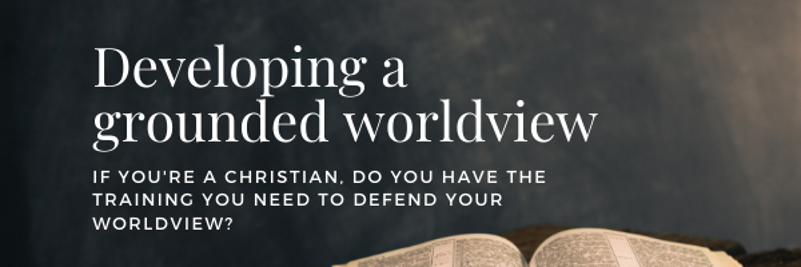
Requisite courses at Patrick Henry College present the concepts of truth, goodness, and beauty so that students may have solid foundations as they lift high both faith and reason to preserve America for future generations.
As the American political climate quickly changes, bold choices must be made. Whether conversations take place on the Senate floor or in the board rooms of private institutions, this is no time for nonchalance.
In his 1682 preface to the "Frame of Government of Pennsylvania," William Penn wrote, “Though good laws do well, good men do better.” This is precisely why Patrick Henry College prioritizes character formation, biblical values, and godly conviction. PHC's mission expresses the need to "prepare Christian men and women who will lead our nation and shape our culture with timeless biblical values and fidelity to the spirit of the American founding."
People who are to be free must be given an education that equips them for freedom. "Liberal" education, for the founders, was essential for "liberty."
America needs leaders with a keen mind, logical skills, a strong grasp of history, Western literature, and philosophy, but also a sound theology. The PHC mission statement continues: "Educating students according to a classical liberal arts curriculum and training them with apprenticeship methodology, the College provides academically excellent baccalaureate-level higher education with a biblical worldview."
Sound important?
It is!
Patrick Henry College, strategically located west of Washington, D.C. in Loudoun County, Virginia, approaches education uniquely from other liberal arts colleges. A 63-credit core curriculum, packed with biblical studies, oratory, and writing skills, is required for all students who pass through the PHC paces. You might be surprised—or maybe you already know this—but here’s why Patrick Henry’s 63-credit core is both necessary and important in raising national leaders.
If you were to idly scroll through any public institution’s General Education core curriculum, you would notice that most liberal arts colleges require between 20 and 40 core credits. Sifting through the core credits, students can cherry pick from a wide selection like a grocery list—this one looks easy, this one allows me to sleep in, this one looks interesting, I just need one more class on Tuesdays.
In the university today, students can select core courses such as The American Vacation, The History of Surfing, Lady Gaga and the Sociology of Fame, and practical courses on Tree Climbing, Getting Dressed, How to Watch TV, and Eating Animals in America: Historical and Philosophical Perspectives. Some of those sound interesting. One might graduate clutching a business degree with a very niche knowledge of Women and Texan Music to pull out at parties. Yes, there are many interesting courses out there, but somehow The Art of Walking just doesn't promise to help us preserve America for future generations.
There is no electivity in the core, which means that professors in the upper level programs can know what their students have already been exposed to—what books they have read, what subjects they have studied, what skills they have developed—so that learning can build on a common foundation.
Patrick Henry College faculty impart skills to students so that they may meaningfully contribute to the world around them through a well-rounded education. Cultivating students’ abilities to think quickly, act with integrity, and embrace challenging situations from a wealth of relevant knowledge is what makes a classical liberal arts education so valuable.
The 63-credit core—only available at PHC—is essential because a broad and rich understanding of all disciplines is the key to thinking critically, to understanding the history of Western and American civilization and their implications, and to see the world clearly.
Studying the world that Christ created with a broad and rich understanding of how all of the academic disciples weave together into a tapestry cultivates individuals that are best equipped to lead with an understand of God's truth wherever it is revealed.
The liberal arts curriculum is broad in scope, but its parts are integrated with each other, as students explore the connectedness of all the disciplines.




